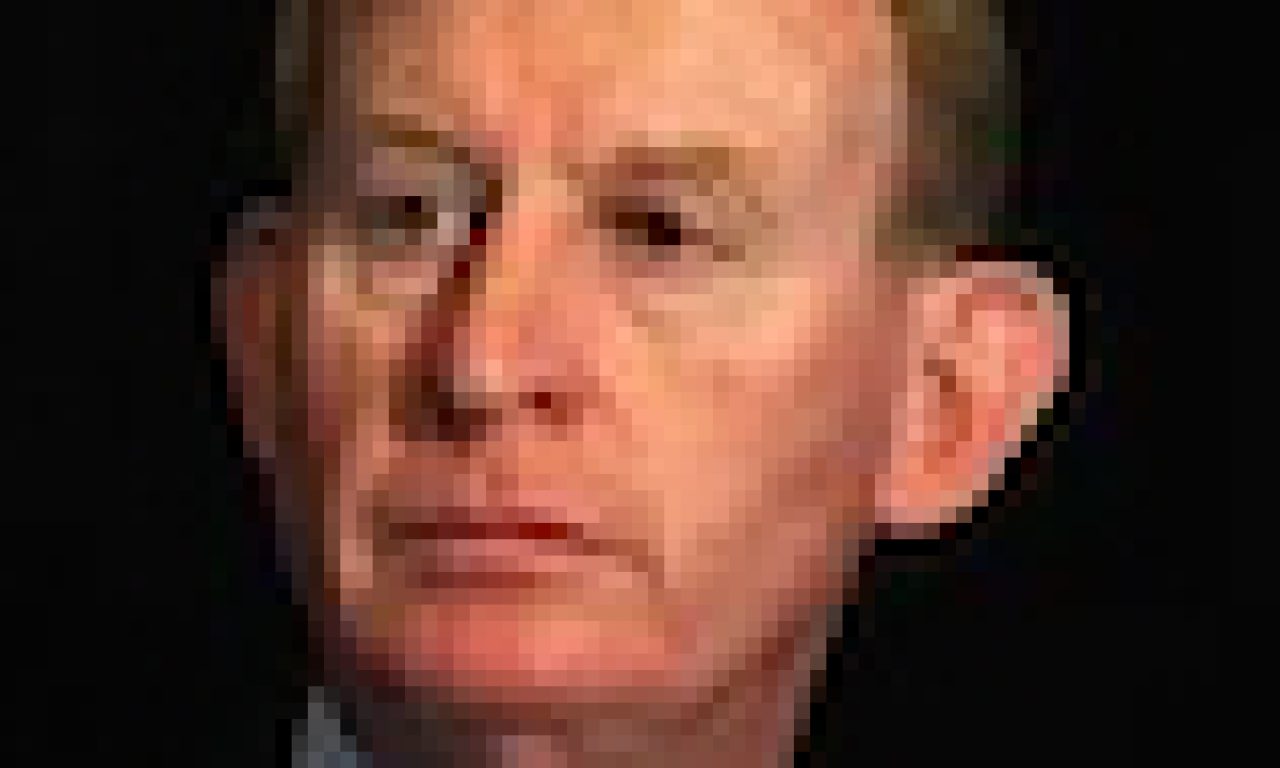(Pictured: David Murray)
Comment by Greg Bright
David Murray, the 65-year-old former chief executive of the Commonwealth Bank and, clearly, a favorite person of successive coalition governments, is scheduled to hand down the interim report of the Financial System Inquiry (FSI) tomorrow, July 15. What can we expect?
Murray’s role as chair of the inquiry has taken on a new hue following the revelations of the actions of planners at Commonwealth Bank, which, in some instances, amounted to fraud. The culture which drove these actions, according to the Senate Inquiry into ASIC, started on David Murray’s watch. So, what does this mean for his inquiry? Is it a lame duck before even the interim report is delivered?
We will find out the FSI committee’s thinking tomorrow, but the indicators are that we shouldn’t expect any bold recommendations for structural change in the superannuation and funds management industries. The consensus, among industry commentators at least, is that Murray will revert to type with suggestions for minor changes, including a little more regulation, which will be broadly supportive of the position of the big banks.
This newsletter has criticized Murray before, so we don’t want to harp on it. His time as inaugural chair of the Future Fund, appointed by then Coalition Treasurer and current chair Peter Costello, was marked by discord among the top ranks and fellow directors. The Fund succeeded despite, rather than because of, him.
Labor has called for another Senate inquiry, more specifically into the behavior of financial advice at Commonwealth. One would like to think that the behavior was not endemic among the bank-owned dealer group planners throughout the industry, but this is highly unlikely. It was the remuneration system which encouraged the frauds and inappropriate advice and the culture which allowed it to happen.
One Commonwealth employee, for instance, has been charged with seven counts of creating false identities. That is, he had seven different forms of photo ID made for his seven different sets of 100 points for seven different bank accounts. You could almost admire his enterprise.
Such a Senate inquiry, though, is unlikely to reveal much more than we already know – which is shocking enough – and is probably, as the Government says, mainly a political ploy.
But a royal commission into the whole advice industry, including the behaviour of big super funds and other institutional investors, fund managers and asset consultants – in fact all the agents in the industry – would be very different. Royal commissions have far greater powers than Senate inquiries, with the ability to compel attendance and compel witnesses to answer questions.
What we want to know now is whether the banks have changed their cultures or are able to do so without being regulated that way and whether the new remuneration system under a watered-down FoFA is good enough to prevent the encouragement of inappropriate advice. Fraud, of course, has already been legislated against but does require scrutiny and enforcement. Reducing ASIC’s budget was not a good start to this process.
Murray’s interim report is available from 8am tomorrow (EST) on the FSI website (www.fsi.gov.au) and Murray will address the National Press Club at lunch time.
Meanwhile, the surprise resignation of John Brogden last week from the Financial Services Council to head up the Company Directors’ Institute is a blow for the industry. While naturally championing the cause of his members, Brogden managed to tread a path through the whole FoFA drama with integrity intact.
He also came to the fore, befitting his experience as a State Liberal Party leader, on the big stage of pressing for an Asian Fund Passport and promoting the export of Australian financial services.
He will be a tough act to follow.

